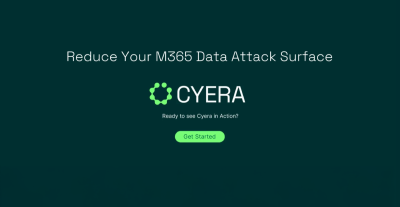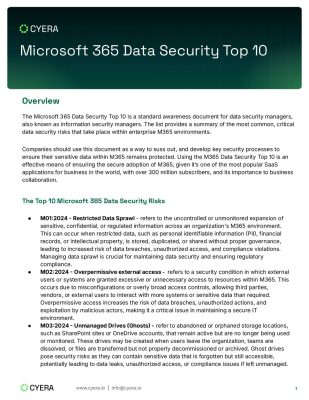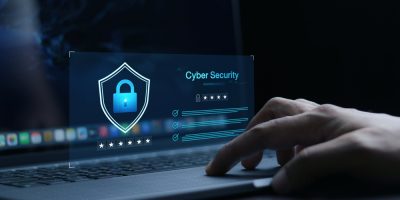Highlights:
- Introduction of “National Cyber Director Act” by bipartisan bill group of six house members to manage cyber policy across the federal government.
- Implementation of national cyber strategy to shield against cyber threats during the COVID-19 pandemic.
The bipartisan legislation would create the position of a national cyber director within the White House. Group of six house members including Congressman Mike Gallagher (R-WI), John Katko (R-NY), Congressman Jim Langevin (D-RI), C. A. Dutch Ruppersberger (D-MD), Chairwoman Carolyn Maloney (D-NY), and Will Hurd (R-TX) have introduced the National Cyber Director Act to organize cyber policy across the federal government.
Three Republicans and three Democrats are sponsoring this National Cyber Director Act that may create a senate-confirmed director and two-deputy directors appointed by the president. These appointed directors would act as the president principal consultants on cybersecurity and related developing technology functions and issues for cyber strategy.
The Cyberspace Solarium Commission’s inaugural report of this year recommends the National Cyber Director would head within the executive office of the president. Solarium commission is a congressionally designated group that includes members of Congress and the administration and private sector leaders. Thus, it counsels a broad national strategy for advancing American cybersecurity.
The director would concentrate on developing and implementing national cyber strategy, participate in discussions of the Homeland Security Council and National Security Council, synchronize with federal agency cyber activities, and cooperate with private sector individuals. They would also take part in planning cybersecurity conferences and other intercontinental meetings in which the spotlight is cybersecurity.
More by board members
Rep. John Katko said, “at a national level we need cybersecurity coordinator that ensures government, individuals, hospitals, businesses, and schools are protected against cyberattacks.” Further, he also stated, “for this reason the National Cyber Director Act was introduced, a bipartisan bill that would establish the National Cyber Director position within the White House. The cyber expert would lead a national cyber strategy that protects the country against cyber threats. It is an excellent step for enhancing our national security.”
Cyberspace Solarium Co-Chair Mike Gallagher, in one of the meetings, stated, “The COVID-19 has raised the significance of cyber infrastructure and proved how extremely disruptive a key cyberattack could be.” So, the cyber director can play an essential role in unforeseen cyber calamities by directing a whole-of-nation reaction to an attack and also work to avert it in the initial stage.
House Oversight and Reform Committee Chairwoman Maloney said, “cyber conflict is horrible under usual conditions, and even worse in a crisis.” For these reasons, the National Cyber Director is needed to take care of sudden cyberattacks and ensure that our national cybersecurity strategy is effective, streamlined, and prioritized.
Solarium Commissioners, in their report, wrote: “the administrator office should be modernized with the latest technology in order to manage, develop, and implement a strategy for cyberspace.” The Commissioners restated this proposal in a newly published pandemic whitepaper that summarized procedures to shield against cyberthreats during the COVID-19 pandemic.
























































